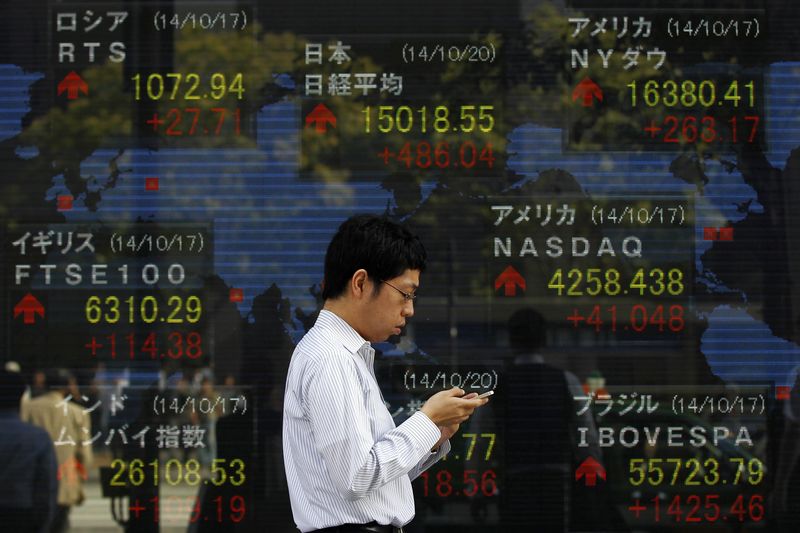Asian stocks struggled for direction in range-bound trading on Wednesday as investors cautiously awaited key tariff announcements from U.S. President Donald Trump later in the global day.
U.S. stock futures were also muted in early Asia hours. Major U.S. stock indices closed higher on Tuesday with gains in technology shares.
Trump’s ’Liberation Day’ tariffs approach, markets watchful
Trump is set to impose reciprocal tariffs on a broad range of trading partners, on April 2. This initiative, referred to as “Liberation Day,” will be followed by a 25% tariff on auto imports starting April 3.
Trump will unveil the new trade tariffs at 15:00 ET (19:00 GMT), and the measures will be effect immediately after the announcement, White House officials said on Tuesday.
Bessent told lawmakers on Tuesday that President Trump will impose the highest reciprocal tariffs on major trading partners on April 2, leaving the targeted countries to reduce the duties by meeting U.S. demands, according to CNBC.
Market participants worldwide are awaiting specific details about the tariffs.
Given the potential for these tariffs to disrupt global trade dynamics, investors were likely taking a wait-and-see approach, leading to subdued market movement.
China’s Shanghai Composite edged up 0.2%, while the Shanghai Shenzhen CSI 300 index was largely unchanged.
Japan’s Nikkei 225 was largely muted on Wednesday, while TOPIX lost 0.6%.
Hong Kong’s Hang Seng index gained 0.4%.
Singapore’s Straits Times Index fell 0.4%, while Australia’s S&P/ASX 200 ticked up 0.2%.
Futures for India’s Nifty 50 inched 0.2% higher.
S. Korea shares tick lower amid political instability
South Korea’s KOSPI inched 0.3% lower on Wednesday.
South Korea is facing political turmoil as the country’s Constitutional Court is set to review President Yoon’s impeachment over a controversial martial law order, with a decision on whether to remove or reinstate him expected on April 4.
Political instability often triggers concerns about economic disruption, which can result in cautious trading, capital outflows, and a flight to safer assets.
As South Korea is a major economy in the region, any significant instability could have a ripple effect on neighboring markets, particularly in trade-dependent countries.




